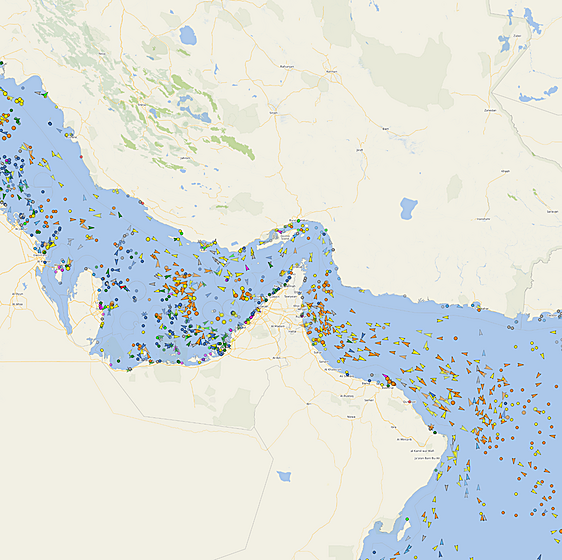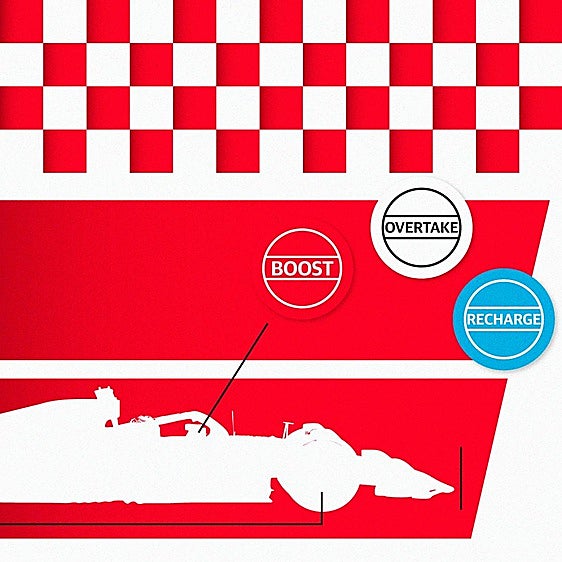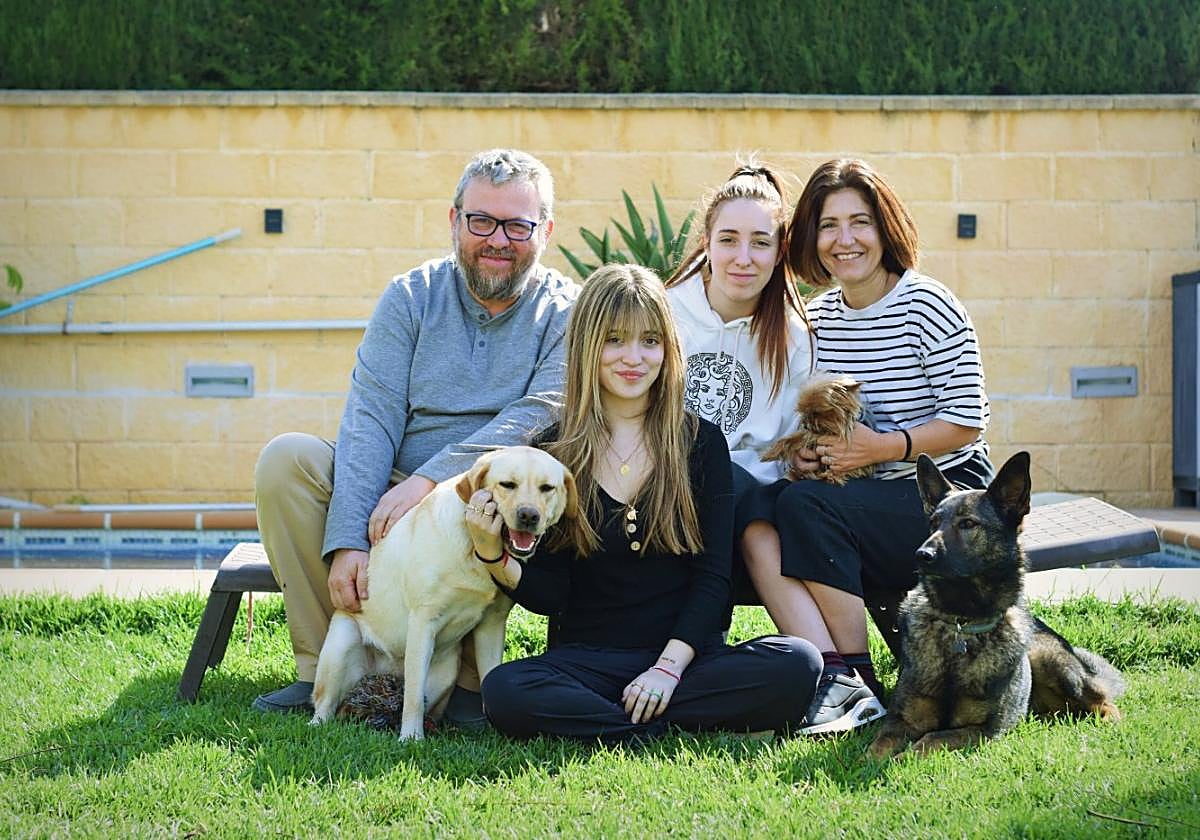Canine support after a family's virus ordeal
Personal story. The parents of María, a young girl who developed epilepsy, speak of her illness and her recovery thanks to a seizure alert dog
Marina Rivas
Viernes, 14 de abril 2023, 11:00
In the words of Bob Marley, "you never know how strong you are until being strong is your only choice". No phrase is more fitting for this family. Marta Sainz, Miguel Ángel Pineda and their daughters María and Elena Pineda were a normal family living in Cerralba (Pizarra), until October 2014, when a virus changed their lives forever. They all caught it and experienced symptoms similar to gastroenteritis, however the eldest daughter took a turn for the worse.
María, who was 14 at the time, had a high fever for several days. Concerned by this, her parents took her to Vithas Xanit Hospital in Benalmádena.
"When we arrived, they first told us that it could be glandular fever, but that the symptoms did not match exactly," said her father, who is also brother to well-known writer and actor with Down syndrome, Pablo Pineda.
Despite the lack of diagnosis, everything seemed fine; however three days later and moments before being discharged, María's nightmare began.
As her temperature was being taken she had a seizure. "I thought she was dying," her mother said.
"That was the worst night of my life; the seizures didn't stop and she was taken into intensive care. They did all sorts of tests on her as they suspected it could be meningitis, encephalitis or a brain tumour," added her father.
María was then moved to the Hospital Materno in Malaga, where she stayed for a month.
"My daughter is still alive thanks to the team at the Materno. We went from fearing that she would die to fearing she would be paralysed, and then to the current situation," said Marta. That month felt never-ending for the family. The seizures continued and a diagnosis never came. Neurologists were thinking it was an unknown virus that was going to shut down her brain.
For María, now 21, the worst part was the hallucinations: "I couldn't stop crying. I would see the deformed face of my mother, people with stretched hands, the floor and the ceiling would be upside down, rats and lizards climbing the wall. I was also constantly hearing opera music as well as the sound of children screaming on a rollercoaster".
Nevertheless, she managed to get better. "The day they discharged me, I felt I had been reborn," María said. She had no idea that her illness would be something that she would have to live with for the rest of her life. After leaving hospital, she lost her memory. "She lost it completely, she couldn't even read, the only thing she could remember was us - her father, her sister, and me. We had to re-teach her everything," explained her mother.
This was a long learning process, but she succeeded despite the seizures recurring simultaneously. To make matters worse, "it wasn't just the epilepsy, she also became very absent. She would go away to another place in her mind and when she came back to herself she would start crying. This happened at school too," Marta said. After two years, everything initially seemed to be calming down, but this could not have been further from the truth. After one major seizure they started recurring frequently and concerns resurfaced.
One positive aspect, however, was that María learned how to spot when an attack was coming: "Seconds before I have a different nauseous feeling. I know it's going to happen soon which scares me, but when it actually happens, I don't know anything," she explained.
Depression
Consequently, María became depressed. "I was scared to leave the house. I was very unhappy in myself and that affects your relationships with those around you. Being a sensitive person with low self-esteem meant that everything felt difficult for me," she said. But then, her mother, who left her job as a Canal Sur television producer to focus on her family, found a solution to control her daughter's issues and a way to improve her emotional state.
With the help of K9 dog-training academy, she found a German Shepherd and trained her to become an example of how dogs can be used for seizure alert and emotional support.
They named the dog Hera. How does Hera behave? "The electric shock that epilepsy produces in the brain generates a cellular imbalance that causes the body to release a specific smell. Hera picks up on this and comes to look for us. Then, during the episode, she will not leave María's side," explained her mother.
Soon after getting Hera, María was finally diagnosed with epilepsy, for which she will receive treatment for life and care from those around her, given that they are aware that any big seizure could cause her death.
However, María does not use it as an excuse to hide away, and she is now training to work with infant school children in Coín. The family finally live the 'normal' life they desired for so long.
"One of the neurologists gave us a big piece of advice - do not make your daughter more ill than she already is; she has to be independent. The same applies to my brother Pablo; you can't put restrictions on them," said Miguel Ángel.



